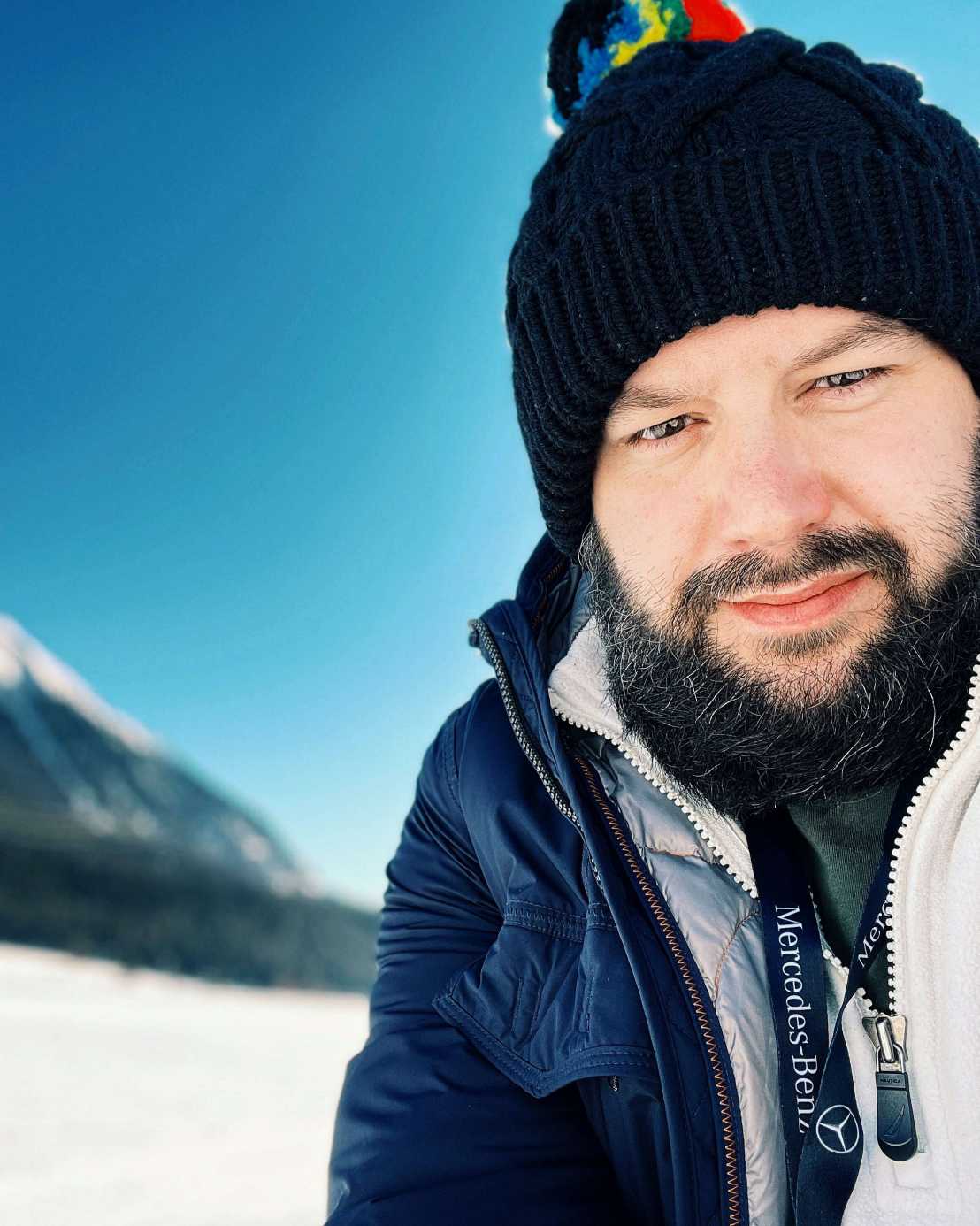Meet Nikolaos Doumpas working on growth control mechanisms in tissues
The Greek molecular biologist and geneticist has specialized in diverse techniques that allow to study 3-dimensional cell structures such as organoids. As a Junior Researcher in the lab of Dagmar Iber, he will study patterning and growth control mechanisms in tissues during their development. Nick gained experience in various institutions in Germany and Switzerland and is a keen skier.

What did you know about D-BSSE before you came here, and what was your motivation to come to ETH Zurich?
Before joining D-BSSE I was a post-doc in the lab of Professor Konrad Basler at the University of Zurich, studying a major molecular mechanism in gene transcription in the development of mammalian cells. That said I had many research collaborations with D-BSSE and other groups at ETH Zurich giving me a good insight in the amazing research projects that are happening at D-BSSE. Furthermore, two students that I was supervising during their master’s studies, joined the D-BSSE to pursue their PhDs here, so that rose my interest even more in joining D-BSSE myself. Finally, after having an interview with Professor Dagmar Iber, a very well established, highly motivated group leader with numerous fascinating projects, I was assured that this was the place for me to continue my research career.
What were your expectations and were your expectations met since you arrived in Basel?
I have been living in Zurich for 7 years now, meaning that I have a very good picture of life in Switzerland, which I adore. Relocating from Zurich to Basel and exploring the city is my next step, hoping that Basel is as fun of a place as Zurich. As far as for the D-BSSE, it is a great working environment, giving a plethora of possibilities, resources and knowledge to scientists for exploring their scientific questions. The country’s multiculturality is very well reflected in the corridors of the labs making you feel a part of global scientific society.
«Multiculturality is very well reflected in the corridors at D-BSSE»Nikolaos Doumpas, Computational Biology group, D-BSSE
What were your first impressions?
I am assuming it is a cliché or a harsh reality but joining a lab during a pandemic is, if not anything else, but “strange”. I am part of a friendly and fun group which I unfortunately don’t meet as often as I wish in person, but I am really looking forward to..!
Which research will you pursue at D-BSSE?
My position is entitled junior researcher. Having specialised in cell cultures, I have a long-time experience in numerous molecular and cellular techniques, with a strong focus on 3D structures, such as organoids and gastruloids. My plan is to combine those cellular 3D structures in the lab of Dagmar Iber with all the cutting-edge microscopy pipelines that are available in the lab. The end goal is to shed light, figuratively and literally, upon patterning and growth control mechanisms.
Which hobby do you hope to pursue in Switzerland?
It is not a very typical Greek thing to ski but since I was very young, I had a passion for skiing/snow sports making the answer to this question pretty obvious: Skiing what else?
Many thanks, Nick, sounds like you had a good start at D-BSSE! All the best for your many plans, be it in the labs, along the Rhine river or in the Swiss mountains!
Nikolaos Doumpas received his Diploma degree in Biology at the Aristotle University of Thessaloniki in Greece. For his PhD, he relocated to Heidelberg in Germany to research transcriptionaly regulated target genes in the fruit fly Drosophila at the German Cancer Research Centre. In 2013, he completed his doctoral studies with magna cum laude, before moving on to a post-doctoral position and EMBO Fellowship at the Institute of Molecular Life Sciences, University of Zurich. In his research, he focused on the impact of the mammalian TCF/LEF transcription factors in Wnt signaling and target gene activation.
Learn about the Computational Biology group led by Dagmar Iber.
